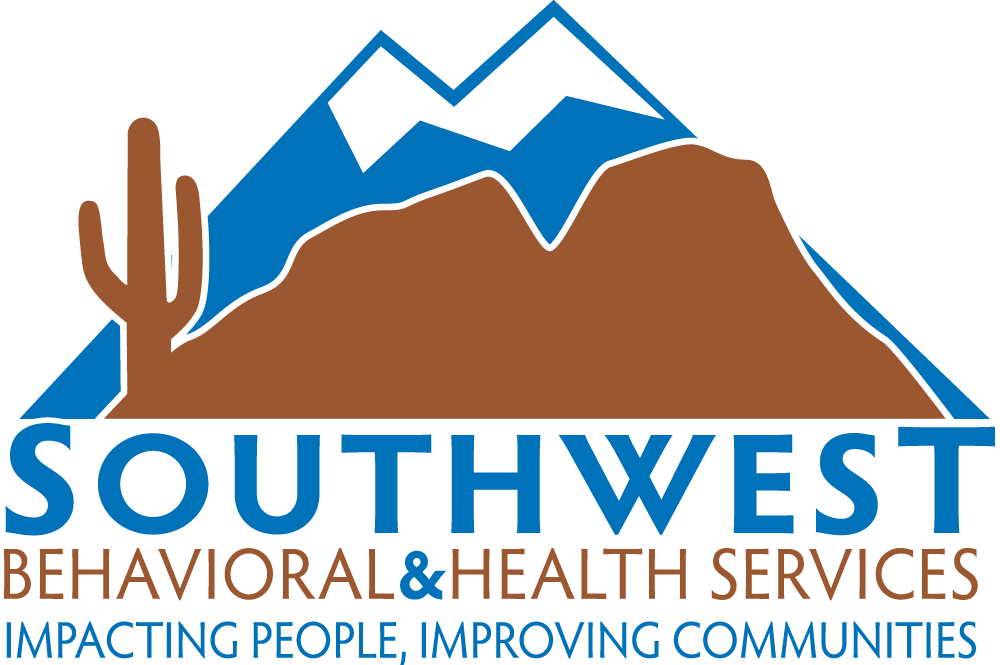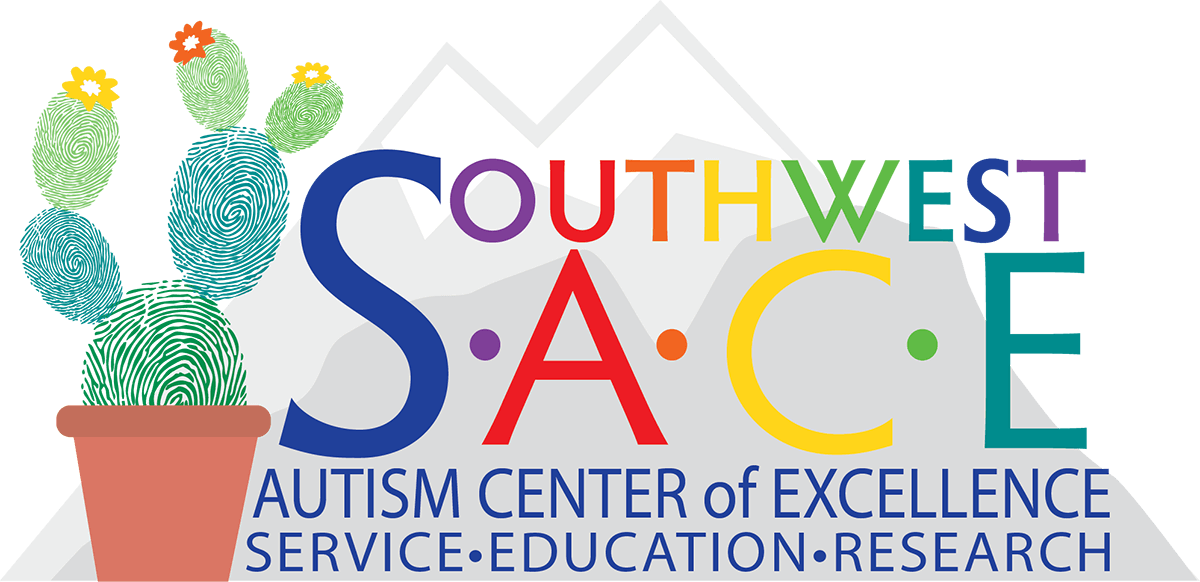ABA – Applied Behavior Analysis (ABA) is a science based on behavior and its consequences. Strategies and techniques are used to teach individuals more effective and safe ways to access what they want and need through positive reinforcement.
SACE provides Focused ABA to members diagnosed with Autism. If you are seeking Comprehensive ABA for members with a higher level of care, at this time we do not provide this service.
Our scope of work is Autism Spectrum Disorder. To receive ABA services the family/member will need to complete an intake at the nearest Southwest Behavior & Health Outpatient location. A medical diagnosis is required in order to obtain prior authorization through insurance. If your family member needs a medical diagnosis, we can assist with completing the evaluation. Once an intake is completed and medical diagnosis is obtained, acuity will be reviewed by a BCBA (Board Certified Behavior Analyst). If the member meets criteria for Focused ABA, the SACE clinical team will determine, based on clinical discretion, if member will be assessed to receive Focused ABA or if the member needs to be referred for appropriate services that meets their level of support.
Focused ABA refers to treatment provided directly to the member for a limited number of behavioral targets. Focused ABA plans are appropriate for members who (A) need treatment only for a limited number of key functional skills or (B) have such acute problem behavior that its treatment should be its priority. Training family members and other caregivers to manage problem behavior and to interact with the individual with ASD in a therapeutic manner is a critical component of this treatment model.
Examples of key functional skills include, but are not limited to, establishing instruction-following, social communication skills, compliance with medical and dental procedures, sleep hygiene, self-care skills, safety skills, and independent leisure skills (for example, appropriate participation in family and community activities.
Comprehensive ABA refers to treatment of the multiple affected developmental domains, such as cognitive, communicative, social, emotional, and adaptive functioning. Maladaptive behaviors, such as noncompliance tantrums, and stereotypy are also typically the focus of treatment. Initially, this treatment model typically involves 1:1 staffing and gradually includes fading support as appropriate. Comprehensive treatment may also be appropriate for older individuals diagnosed with ASD, particularly if they engage in severe or dangerous behaviors across environments. Training family members and other caregivers to manage problem behavior and to interact with the individual with ASD in a therapeutic manner is a critical component of this treatment model.

